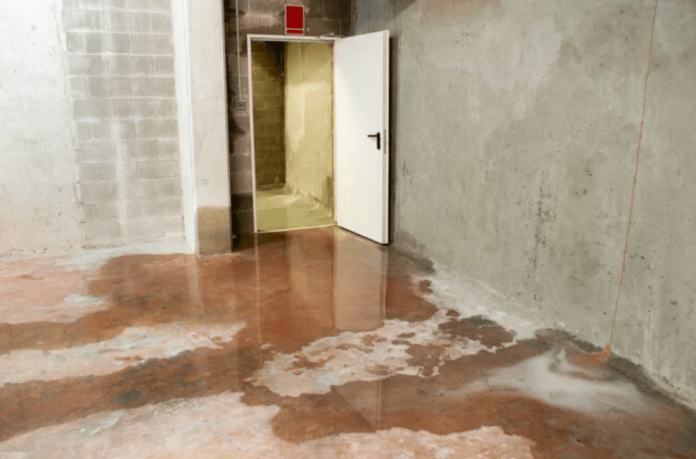Dealing with water leaks in your basement following heavy rain can be a daunting challenge. Such issues not only pose a threat to your home’s structural integrity but also create a breeding ground for dangerous mold and mildew. To safeguard your basement from flooding during severe weather events, it is imperative to consider effective basement waterproofing solutions. In this article, we’ll explore the causes of basement water leaks and provide guidance on how to address the problem, reducing the risk of recurrence.
Understanding the Causes:
Basement water leaks are often a consequence of poor drainage around the foundation. When heavy rain strikes, your home’s drainage system may struggle to manage the excess water, leading to basement leaks. To identify the source of these leaks, start by examining both the interior and exterior walls for cracks. Repositioning the yard’s slope away from the foundation, installing a drain tile system, or utilizing window well covers are preventive measures that can mitigate these leaks. If you require professional assistance, basement waterproofing companies can pinpoint and rectify the issues, particularly if water infiltration is substantial.
Regrading Your Yard:
One effective method for preventing basement leaks involves regrading the area surrounding your home. When water is not directed away from the foundation properly, it accumulates and infiltrates the basement, potentially causing structural damage and moisture problems. Regrading alters the slope of the ground near the foundation, guiding rainwater, snowmelt, and surface runoff away from the house. This prevents water from pooling around the foundation and seeping into the basement. While some homeowners may undertake regrading themselves, it’s advisable to entrust this task to experienced professionals or landscaping specialists for the best results.
Gutter Maintenance:
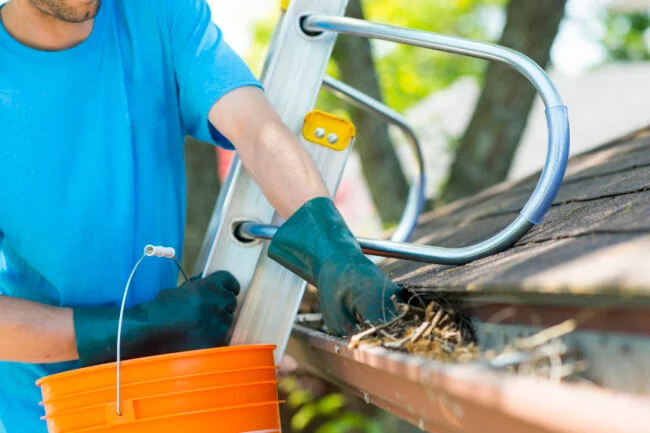
Gutter maintenance plays a crucial role in safeguarding your basement against water leaks. Clogged or damaged gutters can cause rainwater to overflow and infiltrate the basement. It’s essential to keep gutters clean and free of debris to ensure effective rainwater diversion. Depending on the number of surrounding trees and debris accumulation, biannual gutter cleaning in the spring and fall is recommended. Top-rated gutter cleaning services can not only maintain clean gutters but also inspect and repair any damaged sections of the gutter system while ensuring downspouts are correctly connected and extended away from the foundation. Installing gutter guards or screens can further minimize debris buildup, resulting in long-term cost savings on gutter maintenance.
Window Well Covers:
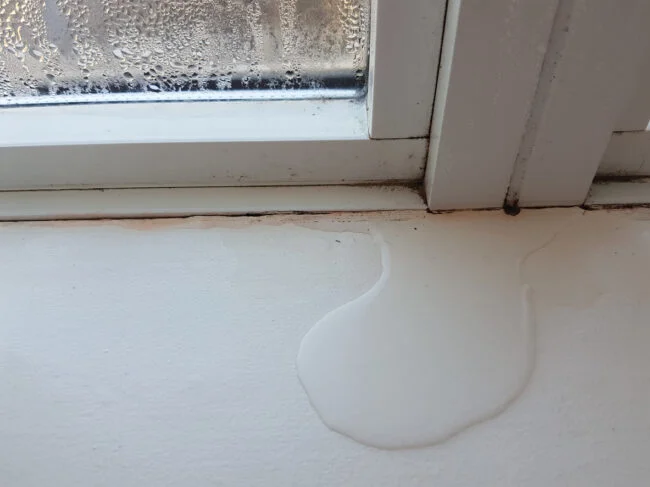
Window wells are common culprits for basement water leaks, as they can allow precipitation to infiltrate the basement through basement windows. Installing window well covers can effectively prevent rainwater from entering the well and subsequently the basement. Well-installed window well covers redirect rainwater away from the window and basement, reducing the risk of water infiltration and potential leaks. Additionally, these covers prevent debris, leaves, and other objects from falling into the window well, blocking drainage systems or damaging basement windows.
Sealing Cracks:
Basement water leaks may occur due to cracks in the walls or foundation. Inspect both interior and exterior walls for visible cracks, which can be sealed to prevent further leaks and damage. Common areas where cracks are found include interior walls, exterior foundation walls, the basement floor, crawl spaces, and where utility lines enter or exit foundation walls. While repairing interior cracks can be a DIY project, they may indicate more extensive foundation problems. To ensure a long-term solution, contact a professional for proper basement leak repairs. Exterior cracks may require foundation crack repair, which can cost between $250 and $800, depending on the extent of the damage. DIY waterproofing solutions are discouraged, as they tend to mask the problem rather than addressing its root cause.
Drain Tile Systems:
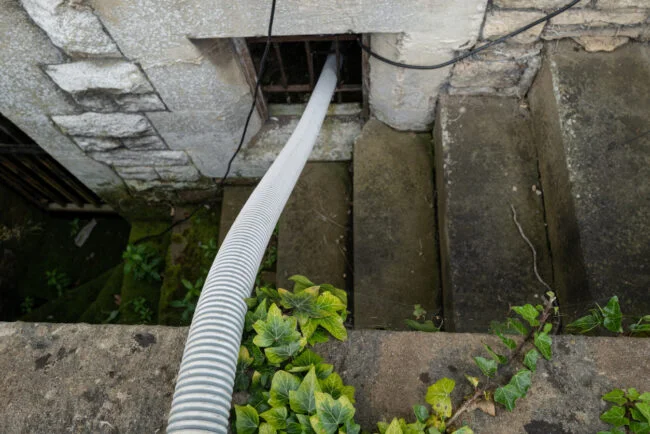
Installing a drain tile system, also known as a French drain, can effectively redirect excess groundwater and surface water away from your home, preventing basement leaks. These systems consist of perforated pipes, typically made of PVC or corrugated plastic, installed around the foundation’s perimeter or in areas prone to water accumulation. These pipes are placed in a bed of gravel or crushed stone, collecting groundwater that might otherwise pool around the foundation and lead to leaks. Drain tile systems can be interior or exterior and require minimal maintenance. Consider pairing a drain tile system with a sump pump to pump water out of the basement and away from your home.
Sump Pump Installation:
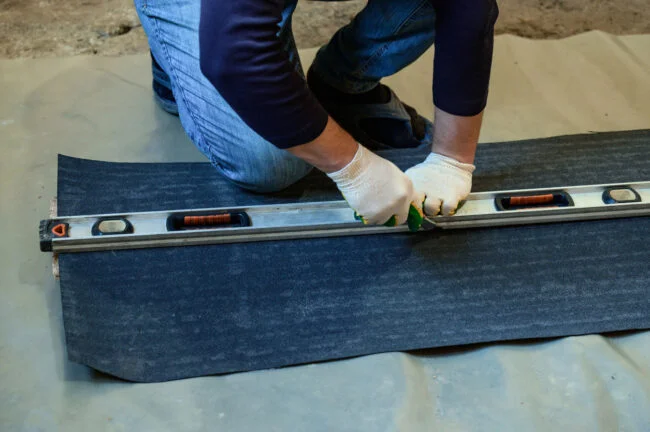
Sump pumps, when used in conjunction with a drain tile system, provide an effective basement water management solution. A sump pit is typically installed at the lowest point of the drainage system, acting as a collection point for water transported by the drain tile system. Inside the sump pit, a sump pump is responsible for pumping the collected water out of the pit and away from the home. Regularly inspect the sump pump, especially during heavy rainfall or wet seasons, to ensure it functions correctly. Together, a drain tile system and sump pump can effectively prevent basement leaks, protecting your home from moisture-related issues.
Seek Professional Help:
In many cases, the most reliable approach to addressing basement water leaks is to enlist the expertise of a basement waterproofing company. Professionals can identify the source of leaks and recommend the most appropriate waterproofing method. Whether it’s sealing foundation cracks, installing exterior French drains, or employing other techniques, basement waterproofing experts can tailor the solution to your specific needs.
Conclusion:
Dealing with water leaks in your basement after heavy rain requires a multifaceted approach. By understanding the root causes and implementing preventive measures like regrading your yard, maintaining your gutters, using window well covers, sealing cracks, installing drain tile systems, and utilizing sump pumps, you can significantly reduce the risk of basement leaks. Seeking the assistance of a basement waterproofing company ensures that the most effective solution is applied to your specific situation. Addressing these issues promptly not only protects your home’s structural integrity but also prevents mold growth and structural damage, ultimately safeguarding your investment.
images source : istock

